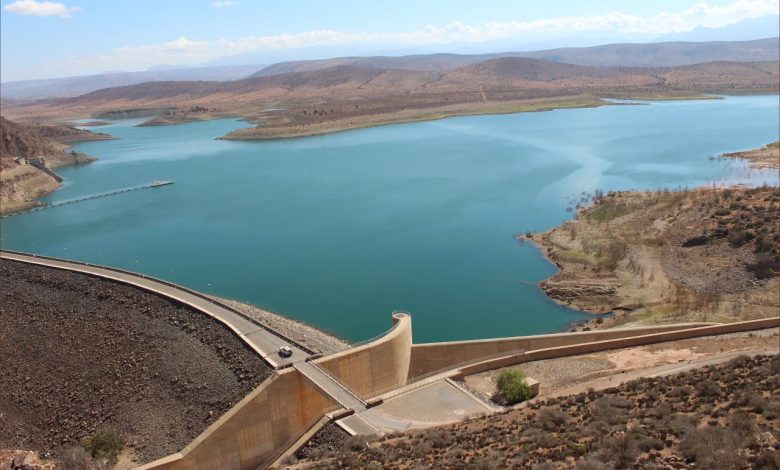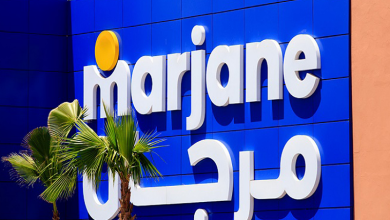Water safety: Morocco conducts “ambitious” strategies

This article was automatically translated from HIBAPRESS, the Arabic version:
Hibapress
Morocco has implemented “ambitious” strategies and launched a series of initiatives to combat water stress and ensure its food security, the ambassador, a permanent representative of the Kingdom on Friday in the United Nations agencies in the Italian capital, Youssef Balla.
“To ensure its water and food safety, Morocco has implemented ambitious strategies and launched several initiatives including the national drinking water and irrigation plan 2020-2027, which has made it possible to accelerate investments in the water sector, through the construction of dams, the reuse of wastewater and the desalination of water,” said Balla, on the occasion of a joint information meeting For food and agriculture (FAO) and UN-Eau on the United Nations System for Water and Sanitation.
Thanks to these initiatives, the kingdom aims to reach 1.4 billion m3 of desalged water by 2030, said Mr. Bella, highlighting the construction of water highways as part of the balanced and united redistribution between regions.
He also highlighted the role of Mohammed VI Polytechnique University (UM6P) and the Hassan II agronomic and veterinary institute in Rabat (IAV Hassan-II) which have succeeded, within the framework of cooperation with African countries, to develop new varieties of cereal more resistant to drought.
Mr. Balla recalled, in this sense, that the kingdom, under the high orientations of His Majesty King Mohammed VI, was among the pioneering countries to have launched multilateral initiatives to fight against water stress, such as the initiative for the adaptation of African agriculture (AAA), initiated on the fringes of COP22, which took place in 2016 in Marrakech.
After highlighting the catalyst role of FAO in strengthening international partnerships, Balla called for constant support for Morocco’s efforts through reinforced international cooperation, in the face of growing challenges linked to climate change, the overexploitation of aquifers and the increase in water needs for agriculture.
The ambassador has, moreover, alerted to the “alarming” scale of the water crisis, deploring that this increasing pressure jeopardizes not only the objectives of sustainable development (SDG) 6, linked to access to water and sanitation, but also all the SDGs of the 2030 agenda for development, in particular the elimination of hunger and food security.
The meeting was organized by the FAO in celebration of the 30th anniversary of the World Water and Agriculture Information System (Aquastat).







